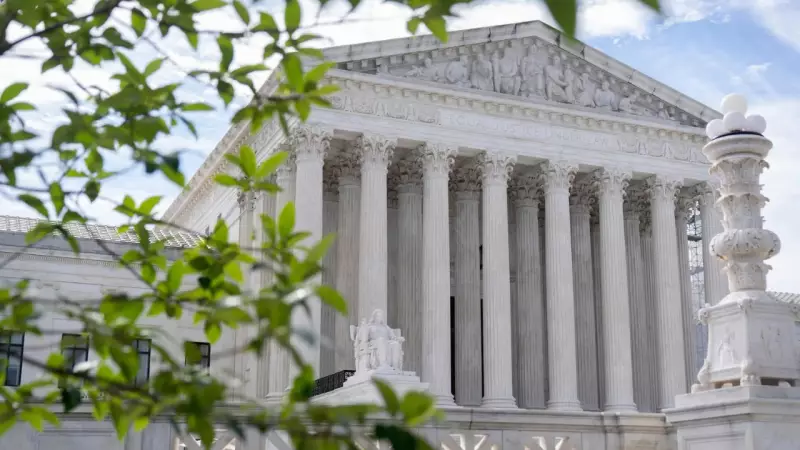
In a significant victory for LGBTQ rights, the United States Supreme Court has declined to hear a high-profile case that sought to overturn the nationwide legalization of same-sex marriage. The decision effectively preserves the landmark 2015 ruling that made marriage equality the law across America.
Court's Silent Rejection
The Supreme Court issued a brief order on Monday without providing any explanation for its refusal to consider the appeal filed by Kim Davis, the former Kentucky county clerk who gained national attention nearly a decade ago. Davis had sparked a lengthy legal battle when she refused to issue marriage licenses to same-sex couples based on her personal religious beliefs.
Her appeal to the court asked justices to revisit and potentially overturn the historic 2015 Obergefell v. Hodges decision that legalized gay marriage throughout the United States. The case had raised concerns among LGBTQ advocacy groups, particularly given the Supreme Court's current 6-3 conservative majority and its recent decision to strike down constitutional abortion rights three years ago.
Legal Consequences Remain
The court's refusal to take up the case means that Davis must still face the financial consequences of her actions. She had been ordered to pay hundreds of thousands of dollars to the gay couple she denied marriage services. For the case to have moved forward, at least four justices would have needed to vote in favor of hearing it, but the court opted against this course of action.
The Human Rights Campaign, one of the country's largest LGBTQ advocacy organizations, celebrated the Supreme Court's decision. Kelley Robinson, president of the organization, declared that "Today, love won again" and emphasized that "When public officials take an oath to serve their communities, that promise extends to everyone including LGBTQ+ people."
Marriage Equality Preserved
Robinson further noted that "The Supreme Court made clear today that refusing to respect the constitutional rights of others does not come without consequences." This outcome ensures that the 2015 ruling remains fully intact, maintaining marriage equality as the law of the land while upholding the penalties imposed on Davis for violating couples' constitutional rights.
The decision comes as a relief to LGBTQ communities across the United States who had feared the conservative-leaning court might be willing to reconsider established rights following its abortion ruling. The preservation of marriage equality represents a stabilizing force for same-sex couples who have built their lives around the legal protections afforded by the 2015 decision.





